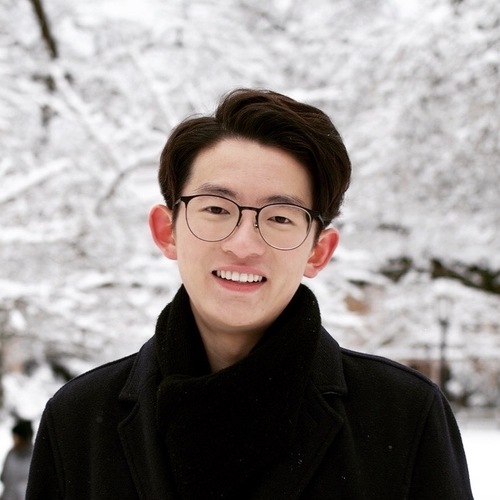Greetings, GIScientists, Geographers, and Computer Scientists at UW, Please join us at SMI 415c on Monday, October 31st at 4:30 p.m. for a Roundtable Seminar on the Frontiers of Geospatial Artificial Intelligence (GeoAI) organized by the Humanistic GIS Lab of the Department of Geography. The invited speakers will discuss their recent projects, including Revealing the Flow Patterns Underlying Spatial Distribution Snapshots, Di Zhu, Dept of Geography, Environment, and Society at the University of Minnesota, Twin Cities; Towards a Foundation Model for Geospatial Artificial Intelligence, Gengchen Mai, Dept of Geography,…
Tag: Visualization
Humanistic GIS Laboratory Recruitment 2020-2021

Looking to get more involved on campus? Seeking to explore careers and passions? Read on for exciting opportunities and helpful resources at the Humanistic GIS Laboratory (refer to https://hgis.uw.edu)! This Lab is committed to exploring the Digital Earth as the home of humankind. Driven by this common interest, a group of UW scholars and student researchers have been working together (1) to explore innovative methodologies to improve geospatial technologies with the consideration of human experience, (2) to reflect upon the…
Congratulations, Steven Bao!

Steven (Xiaoqi) Bao, an undergraduate HGIS member has been awarded an Applied Research Fellowship from the CSDE (check here for details). Steven is a Junior student in geography major, has been working on multiple HGIS projects (e.g., the dynamic COVID-19 dashboard, Point cloud visualization of UW campus). This fellowship will help him to gain practical experience in GIS during the summer of 2020. Congratulations, Steven, We are looking forward to seeing how this fellowship helps you to gain more practical experience…